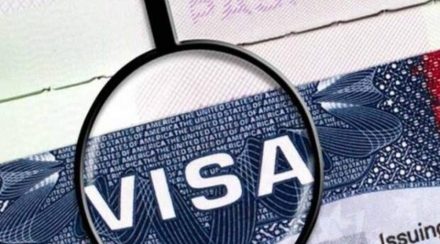Ireland Work Visa: Ireland is quickly emerging as the country of choice among Indians to migrate to for working and studying. While many Indians still look at Canada, the UK, the US, Australia and Singapore for work opportunities, Ireland has been witnessing a lot of Indians entering the country in search of better working life. Like most countries, Ireland has different types of work permits, including those for critical skill workers and for specific professions like nurses.
However, they also have a general work permit, which allows people to work in Ireland.
Also read | Are you a working professional wanting PR in Canada? Here’s how you can go about it
Before an individual can get the permit this type of work, they necessarily need to have a job offer, and their employer must apply for a working permit to the Department of Enterprise, Trade and Employment (DETE). Once the work permit has been granted, workers from India would need to apply for a long-stay work visa (Visa D) that would let them stay and work in Ireland for more than 90 days.
Working in Ireland: Everything to know about General Employment Permit
The General Employment Permit allows people to work in Ireland in jobs which face a labour shortage in the country. Under this, there are certain sectors which are in the ineligible list and people cannot be hired for this. The applicants must ensure that their occupation does not fall under this list.
Either the individual or their employer can apply for the permit provided that the job pays at least €30,000 a year and does not fall in the ineligible occupations. Moreover, the employer also needs to have conducted a Labour Market Needs Test that shows that they had first tried to fill the position with Irish or EEA citizens, and only hired a person requiring employment permit after not finding any suitable candidate.
Things to keep in mind
A key thing to note is that in case at the time of the individual’s application, the number of non-EEA workers in the particular business is more than 50%, the DETE does not issue the employment permit.
Once the permit has been granted, the applicant would still need to apply for Visa D to enter Ireland and at the border security, they would need to present their employment permit. Once in Ireland, the individual can get an Irish Residential Permit to continue working there and to be able to re-enter the country without having to apply for visa again.
